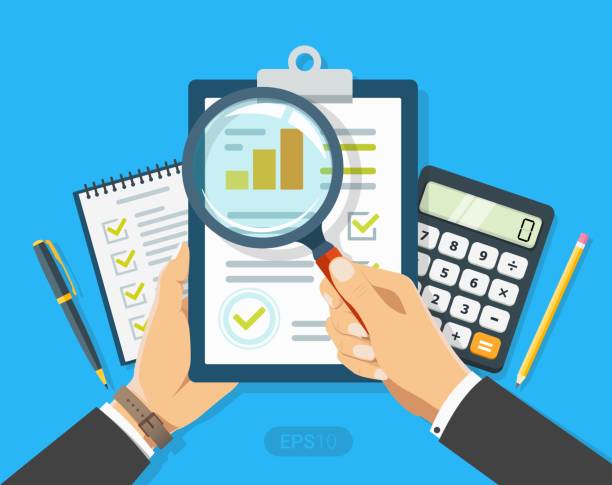What separates certified investors from all others is a question that is frequently asked around the globe. The major reason for this is the benefits over regular buyers or investors. Accredited investor is often wealthy, experienced, and well-informed individuals who have access to unregulated commodities or limited-edition tokens. As a result of their enhanced clout. Corporations lower the possibility of qualified investors being fooled by fraudsters and loosen safety regulations.
Investors have embraced technology and are now able to participate in security token offers. So, here’s an overview of how to become a certified investor, as well as the legal implications. Know Your Investor requirements to complete before making any money transfers.
What is an Accredited Investor
The term is derived from the English word ‘accredited,’ which refers to someone with certain jurisdiction, authority, or credentials. According to the Securities and Exchange Commission (SEC), an accredited investor is an individual or a corporation who has been granted the authority to purchase and sell commodities without having to identify with monetary regulators. Private investments and assets, as well as crowdfunds, venture capital, and private equity, are all available to SEC accredited investors but not to the general public.
Accredited investors are important to businesses since they are the only people who can purchase unregulated and unlicensed securities. In essence, an authorized investor’s function is to help with funding by investing in a company. The cost of filing reduces when the requirement bypasses the firm with banking institutions. The authorized investor and firm have a great opportunity to earn a lot of money.
But they must also be aware of and prepared to deal with the danger of economic losses. Although this article focuses on accredited investor regulations in the United States. The position exists in many other countries. Each region may have its own set of rules and regulations depending on the circumstances. But the general idea behind these regulations is nearly identical in every jurisdiction. Accredited investors are known as qualified investors or certified investors in different parts of the world.
Requirements to Become an Accredited Investor
Although the rules vary by country, the basic qualities that distinguish qualified investors remain consistent. The US Securities and Exchange Commission abbreviate as the SEC. It is one of the sources of the most widely accepted definition of accredited investors.
To meet the conditions for investor onboarding, an investor must demonstrate their wealth. These safeguards were put in place to ensure that anyone dealing in unregistered securities is aware of the risks and is willing to lose money.
Over $200,000 in annual salaries for the last two years (or $300,000 if married), with almost the same earnings, expected this year. They have a total value of more than 1 million dollars, either alone or jointly with their spouse, excluding their home residence.
In addition to wealthy individuals, SEC-qualified investors may include trusts and businesses. A foundation with a net asset worth of greater than $5 million that was founded for purposes other than purchasing the subject stocks; all of a company’s stockholders are qualified investors
Accredited Investor KYC and its Importance:
Because no exam or license distinguishes a qualified investor from a non-qualified investor, the term “qualified investor due diligence” is a misnomer. Investing in a high-quality Know Your Investor Service.
As of September 2013, the Securities and Exchange Commission (SEC) required individuals attempting to sell stocks to an approved investor to consider taking specific rational measures to ensure their status, an important step in preventing non-accredited investors from participating in investment opportunities for which they are not financially prepared.
The procedure for authenticating investors varies by region, but the fundamentals stay the same. The following requires as part of the standard Know your customer process:
- First, the investor must divulge some sensitive information (name, date of birth, address, email, etc).
- Second, the supplier or buyer will provide an inquiry that contains a cash flow and supporting paperwork such as accounting records to establish asset ownership. Investors with needs based on their annual profits can offer W2 papers, tax filings, and letters from professionally educated accountants, investment dealers, advisors, and tax specialists.
Conclusion:
To maintain safety and trustworthiness, as well as mitigate the risks associated with unregistered transactions. Organizations must check eligible investors’ eligibility by using effective Know Your Investor solutions. By incorporating the right online investor verification service and KYC compliances into their everyday operations. Organizations are investing in their security, combating fraud off their premises, and building consumer loyalty.
Read about Book32

